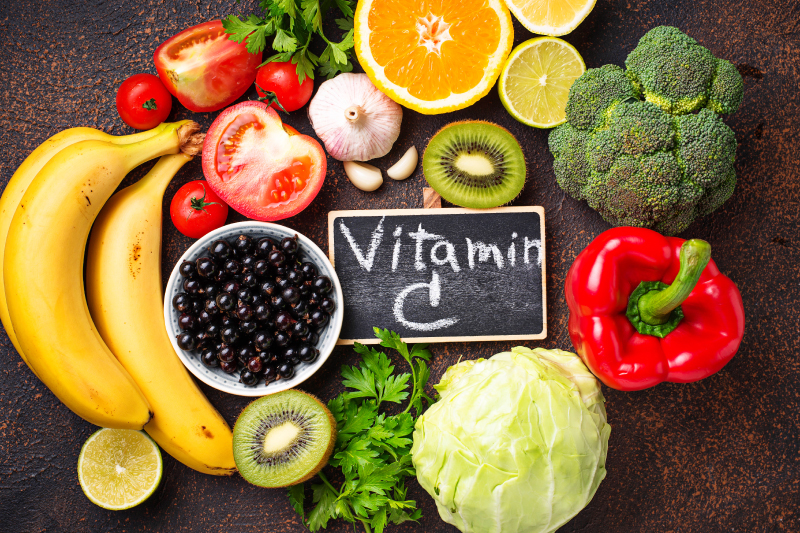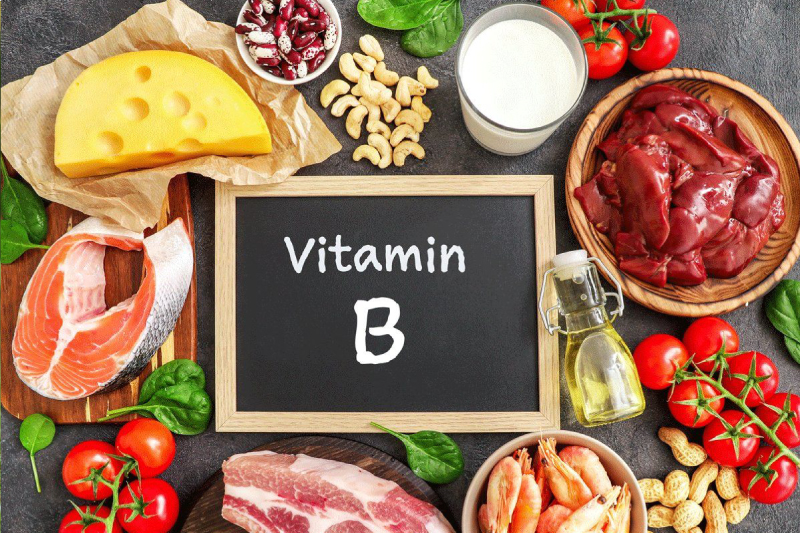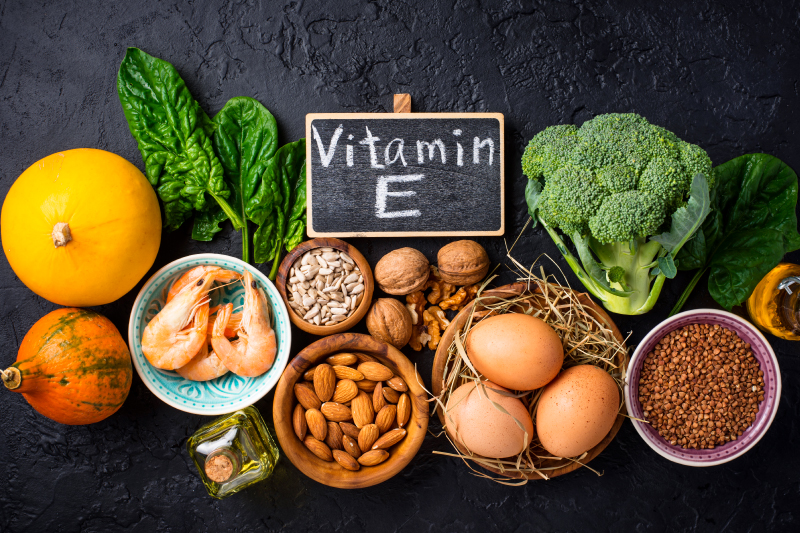
Strengthen your defenses against toxic environmental conditions
When it comes to foods that help boost immunity. The first thing that many people tend to think of is vitamin C, which is actually in nutrition. The body's immune system works more effectively in defense against germs. Toxins and foreign substances that are harmful to the body. is to have good nutrition, get energy The macronutrients include protein, carbohydrates, fats and micronutrients including vitamins A, C, E, D, B6, B9 (folate), B12 and the minerals zinc, selenium, iron, copper, magnesium and manganese, as well as drinking adequate and well-balanced clean water. continuously which to eat food to be full of both main nutrients and such micronutrients to be sufficient We can choose to eat from natural food sources. without the need to eat in any form of supplement Because there is no evidence that any vitamin or mineral will prevent coronavirus infection. But to give readers a picture and a guideline for choosing good food sources. and helps to strengthen immunity Here are some important nutrients that play a role in immunity:
Vitamin C

As your body fights infection, it experiences oxidative stress, leading to the production of free radicals that can damage tissue and cause severe inflammation. Antioxidants can help protect cells from free radicals that can damage tissue and cause severe inflammation.
Vitamin C also supports the production of immune system cells, including neutrophil white blood cells. (neutrophils) lymphocyte white blood cells (lymphocytes) and white blood cells phagocytes (phagocytes) by the daily requirement according to the daily reference intake requirement for Thai people, B.E. 2020: Children and adolescents aged 9-18 years should receive 60-100 mg per day. and adults aged 19 years and over should receive 85-100 mg per day.
High sources of vitamin C include vegetables and fruits such as guava, sweet pepper, gooseberry, kale, tamarind, bitter gourd, rambutan, broccoli, papaya, cauliflower, grapefruit, green peas, etc.
Vitamin B

In particular, B6, B9 and B12 support the body's first response to pathogens, with B vitamins supporting the production and activity of killer cells. (natural killer The killer cells work by causing the infected cells to change their shape and break their DNA, a process known as “apoptosis.”
Nutrient sources of vitamin B6 are found in whole grains, legumes, green leafy vegetables, fruits, nuts, fish, chicken and meat. for vitamin B9 (or folate) is found in green leafy vegetables. legumes nuts and seeds and vitamin B12 Cyanocobalamin is found in animal products such as eggs, meat, milk and in fortified soy milk.
Vitamin E

It's a very good antioxidant, so it will help resist various germs. good as well High sources of vitamin E include vegetable oils such as sunflower oil, rice bran oil, sesame seeds, and nuts such as almonds. sunflower seeds, brown rice Wheat germ is also found in kiwi, tomatoes and spinach.







